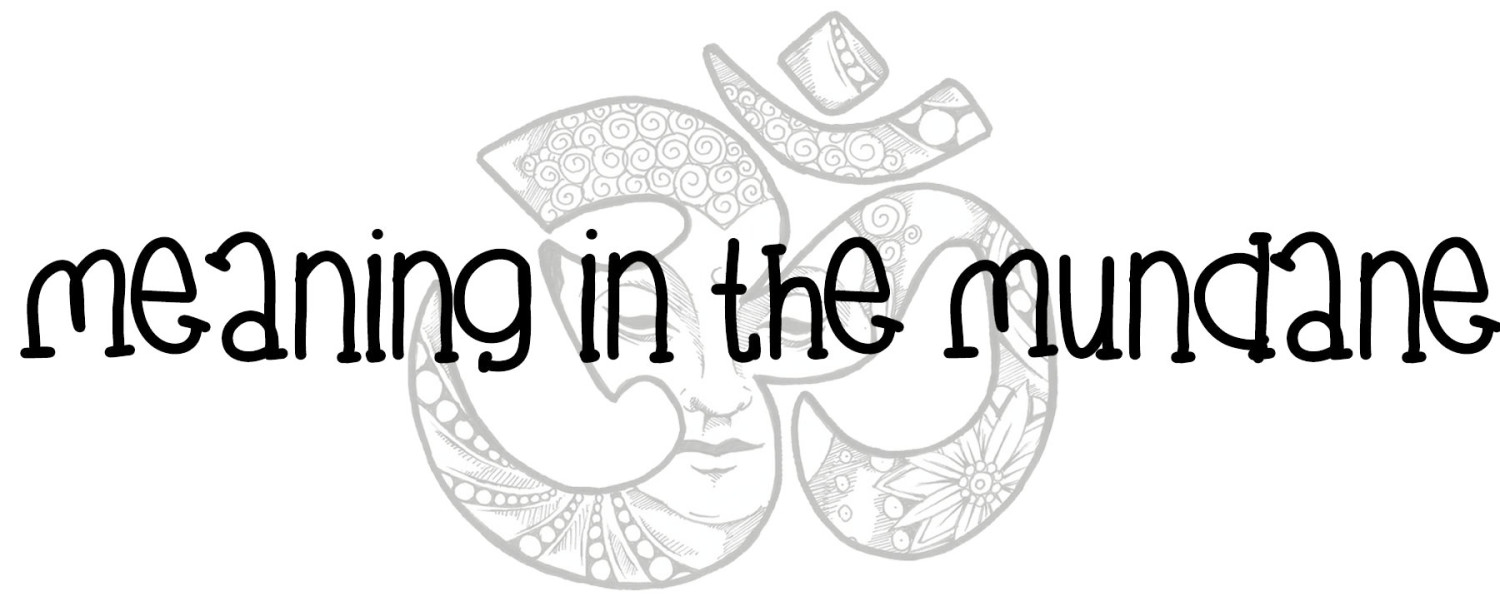Reset Upset: 7 Refreshingly Easy Ways to a Better Day
 Sometimes life can just get you down. You turn on the news and get an earful of the racial unrest in today’s society. You scroll through your social media feeds and face a barrage of nasty political debates. Or perhaps, it’s something that hits closer to home: a recent breakup, a demanding boss, or a layoff. It could even be as fleeting as a car cutting you off or an unfortunate misunderstanding. It doesn’t take much for us to go from zen to unzipped.
Sometimes life can just get you down. You turn on the news and get an earful of the racial unrest in today’s society. You scroll through your social media feeds and face a barrage of nasty political debates. Or perhaps, it’s something that hits closer to home: a recent breakup, a demanding boss, or a layoff. It could even be as fleeting as a car cutting you off or an unfortunate misunderstanding. It doesn’t take much for us to go from zen to unzipped.
Here are ways to wade through any storm in mere minutes.
1. Replace your “Why Me’s?” It’s common to play the blame game when upset. But instead of pointing fingers at the perpetrator of your discontent, you can choose to empower yourself by switching to “how” or “what” internal dialogue. That overly critical “Why did this happen to me?” quickly becomes a problem-solving mission when reframed as, “How can I learn from this situation?” or “What are the options now before me?” “How” or “what” open-ended questions allow your mind to remain curious, seek solutions and silver linings.
2. Flip the Form. When we’re crushed, we’re consumed by the content, or the story we tell ourselves about the incident. But this will lead us on a downward spiral of distressing emotions. Rather, explore how you experience the world. Do you recreate the worrisome scenario with a mental image in vivid color? Change the picture to black and white. Are you immersed in the scene? Turn it into a still photograph that you simply look at. Plagued by an abusive inner voice? Listen to the absurdity in the tone of Mickey Mouse. Have a tight ball of tension in your stomach? Visualize untangling the knots. By altering how you form your upset through sensory perception, you transform how you react.
3. Anchor a Better Mood. Recall an experience where you were more resourceful, like a time you were calm or confident. Fully associate into that experience by remembering what you saw, how you felt and what you heard—as if it’s happening to you right now. For instance, imagine a cool, inviting breeze on your face as you bury your feet in the warm sand, while lying on a beach blanket and gazing at the ebbs and flows of the ocean tide before you. How much better do you feel? Once you embody a pleasant past experience, you create a better mood in your current state.
4. Opt for a Varying Viewpoint. Consider the advice you would give to a friend if this were happening to them. The moment you can dissociate from the experience and act as an objective observer, you’re no longer emotionally invested. From this space, you can explore opportunities and alternatives with a clearer head.
5. Assess Eye Movement. According to Neuro-Linguistic Programming, or NLP (which is a study of human behavior and experience), a person’s eye movements are a window into their thinking processes. So watch where you’re looking. If you tend to look down when in a disturbed state, there’s a good chance you’re engaging in some self-deprecating internal talk or submerging yourself in unwanted feelings. If you look laterally, you’re replaying or constructing unpleasant dialogue of the incident. And if you look up, you’re recalling or forming the scene in anxiety-inducing visual imagery. If you tend to have a habitual eye pattern, change it up. Eye Movement Desensitization and Reprocessing, or EMDR, relies on rotating eye cues as a psychotherapy treatment. Research studies have shown EMDR to be quite effective in patients with post-traumatic stress disorder, particularly.
6. Interrupt Your Pattern. When you notice your mental state tanking—crack a joke, bust out a smile, immediately change your posture, take a brief walk, or observe your bystanders, instead. Pattern interruptions force you out of a funk.
7. Breathe. Become aware of your breath, by noticing how your chest and stomach rise and fall with each inhalation and exhalation. By focusing on how you breathe, you give your conscious mind a job to do, which takes attention away from the present predicament. Diaphragmatic breathing, or deep belly breathing, has also been proven to curb stress and increase relaxation. And if all else fails, take a nap or head to bed. You’ll be refreshed and ready to take on the world upon waking.
